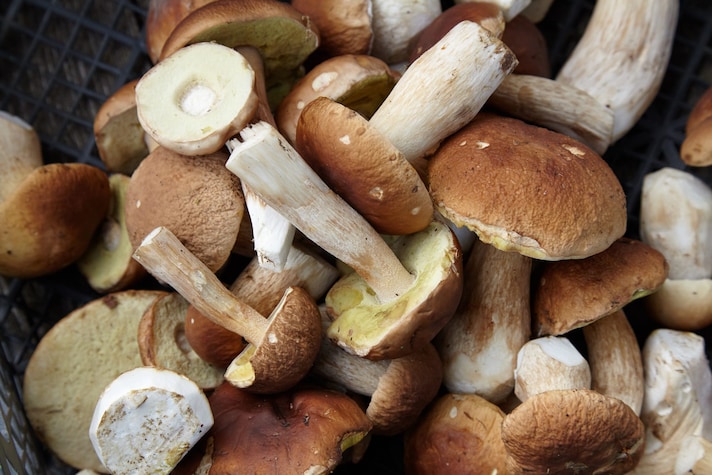11 food products that are not as high in proteins as you expected them to be
Here is a very important list to clear out your illusions regarding the protein content of 11 food products that we consume regularly.
;Resize,width=742;)
Here is a very important list to clear out your illusions regarding the protein content of 11 food products that we consume regularly.
Protein is one of the most crucial nutrients that defines our health. Right from the muscles, skin, hair, and bones, proteins pretty much holds together our body. Wisely enough, we must aim to meet the daily nutritional requirements of protein based on our lifestyle and eating habits. Here is a list of food ingredients that have lower protein content than your expectations.
Non-dairy milk. Many people believe all kinds of milk to be a great source of proteins. However, non-dairy milk and its products, other than the soy-based ones, are not quite as high in protein as the cow’s milk. For example, unsweetened almond milk contains about 1g of protein per cup, whereas cow milk has about 8g per cup.

Avocado. This fruit is a great source of healthy fats but not as much of proteins, it contains about 2g of proteins per 100g portion.

Hummus. It provides about 2g of proteins and hell lot of calories in each two tablespoon serving, which is still not enough to meet the daily protein requirements.

Regular yogurt. Greek yogurt is far superior in terms of protein content than the regular yogurt.

Baked potatoes. Just because this recipe does not involve frying, it cannot be termed any healthier. Baked potatoes may contain fiber and vitamin C, but it has significantly less protein content, i.e., 3.6g proteins in a medium sized serving.

Peanut butter. Each tablespoon of this nut butter contains 3.5g of proteins, but it does not offer a complete nutritional package compared to other food products, such as oatmeal, Greek yogurt, or sandwiches.

Trail mix. Each quarter cup serving of trail mix yields mere 2.5g of proteins.

Olive oil. It may be healthiest of oils, yet it does not contain any protein content. So, you should not consume olive oil to meet your protein requirements, and rather use it to savor the benefits of unsaturated fatty acids that are found in it in abundance.

Dark chocolate. Each serving of dark chocolate, which is almost half the bar, offers 4g of proteins. You may rather consider choosing other healthier protein rich food options.

Eggplant. This favorite of Mediterranean cuisine, has less than 1g of protein in each cup serving. However, it is rich in anthocyanins (antioxidants) and fiber.

Mushrooms. Each cup serving of sliced mushrooms has about 2g of proteins yet these are also good source of antioxidants.

;Resize,width=767;)

;Resize,width=712;)
;Resize,width=712;)
